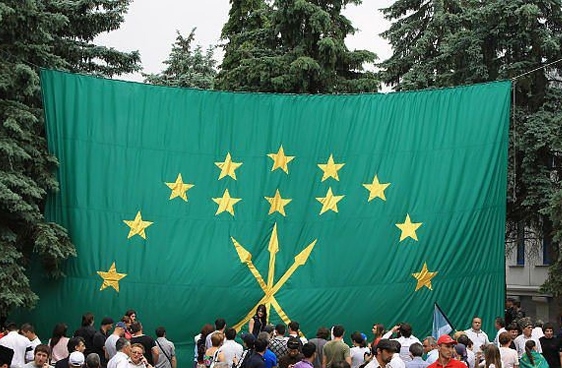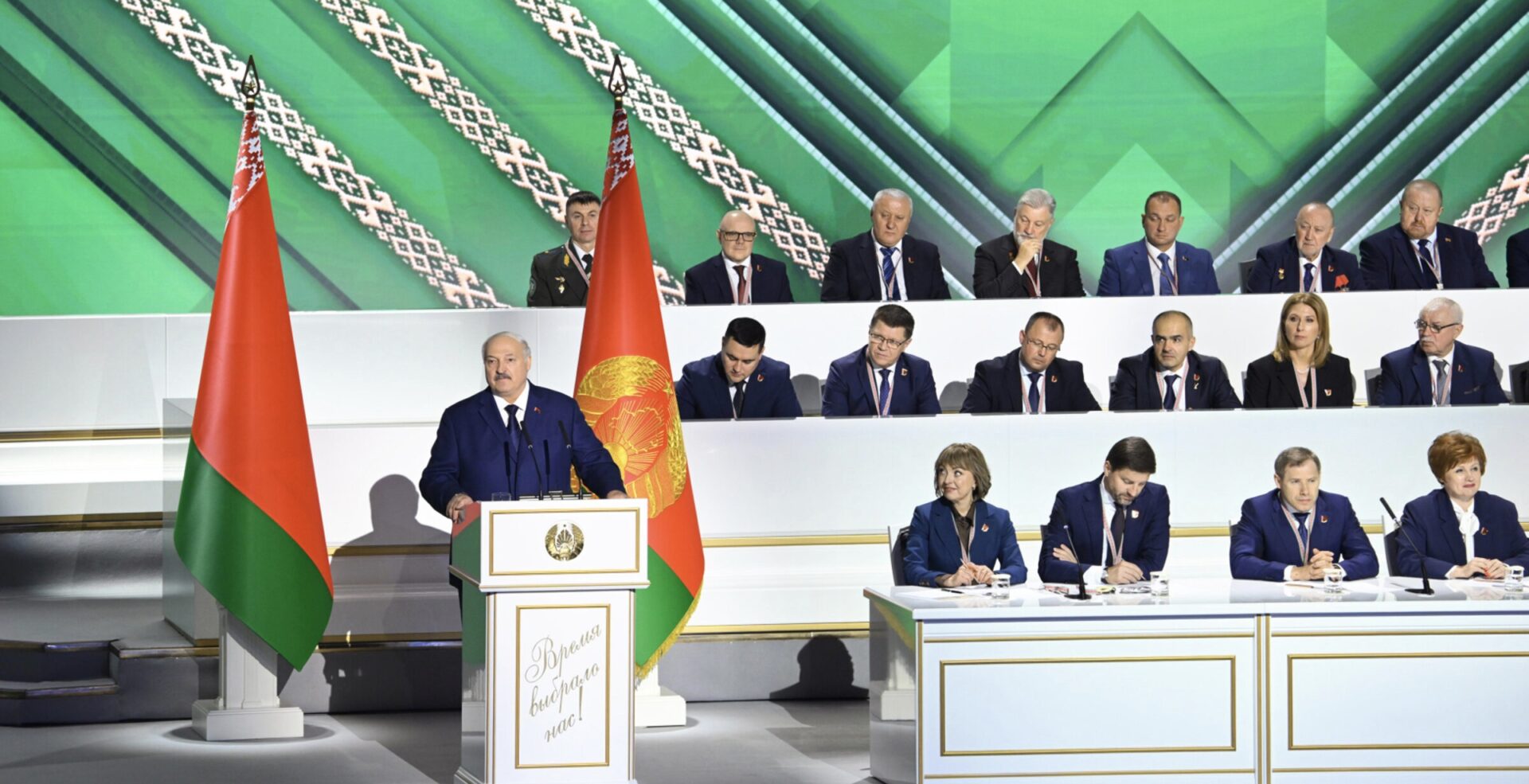
Circassian Protest Plays Key Role in Killing Putin’s Mobilization Program
Circassian Protest Plays Key Role in Killing Putin’s Mobilization Program
No policy Russian President Vladimir Putin has ever announced, including his increasing of the pension age in 2018, has caused more public anger and protest than the partial mobilization he declared on September 21 to fill the depleted ranks of his invasion force in Ukraine. In response, more than 700,000 men have fled the country, demonstrators have taken to the streets in cities and republics across the country and mobilization centers have been bombed. Leaders of the non-Russian republics have announced the completion of the campaign as a means of ending it, and growing popular anger has exacerbated a variety of tensions—including class, regional and ethnic strife—especially concerning the way in which the Russian elites have protected themselves from military service, while the population, especially those far from the capital, has suffered (see EDM, October 11; Versia.ru, October 17).
As a result, the Kremlin leader has been forced to declare that the partial mobilization effort will end in the next few weeks, characterizing it as a success even though his program has met only 70 percent of its announced goal (Russian7.ru, October 17). Putin has undoubtedly done so because any further public prosecution of this effort risks producing an explosion—although evidence suggests that where one mobilization program is ending, another is beginning in a more covert manner (Baikal-journal.ru, October 13). But the consequences of this failed program, including the anger of those called up and their families, the court cases it has spawned and questions about Putin’s leadership are likely to continue (Novayagazeta.eu, October 17). As a result, analysts will be sure to examine this case for what it says about Russia today and particularly about the Russian leader’s standing with elites and the wider population.
Their analysis should include efforts in early October 2022, before Putin announced that the mobilization was ending, by activists in the Kabardino-Balkaria Republic (KBR), a Circassian-majority republic in the North Caucasus, to stop the mobilization plans. This should be viewed not simply as one such effort among many but as a key move that has already played an outsized role in killing Putin’s program. That conclusion arises from the nature of the protest, which like most Circassian efforts is rooted closely in the provisions of the Russian constitution and Russian law, as well as the greater influence the Circassians wield because of their key role in numerous republics of the North Caucasus. The even larger Circassian diaspora also contributes to the significance of these demonstrations, as does the Kremlin’s longstanding obsession with trying to break the Circassian national movement lest it upset the Russian state (see EDM, August 11, 2020; October 12, 2021; May 19).
Five activists in the KBR, Valery Khazhukov, head of the KBR Regional Human Rights Center; Marks Shakhmurov, head of the KBR section of the Association of Victims of Political Repressions; Aslan Beshto, head of the coordination council of the Adyg Social Organizations; Alik Shashev, a social activist; and Timur Alo, vice president of the Zhylabee social organization, issued a 1,250-word open letter to the republic’s leadership demanding that it correct errors in the mobilization campaign. The letter further argues that the failed mobilization was then compounded by detaining and fining participants in the two days of protests against the mobilization campaign and Putin’s war against Ukraine (Zapravakbr.ru, October 15).
By crafting their complaints against the republic officials rather than Moscow, the Circassian activists clearly hope to avoid an immediate crackdown by the Russian authorities, although no one could mistake their real target. Furthermore, by discussing how the republic authorities had violated specific provisions of the Russian constitution and Russian law, the protestors provide a road map not only for people in their republic but also for those beyond its borders who have been victimized by the mobilization order. Moreover, the Circassian activists are not speaking only for themselves but for all the peoples of the Russian Federation, non-Russian and Russian alike, thereby assuming a role that is even greater than what they have done in the past.
On the one hand, the five activists positioned themselves within what other republics have already done, pointing out that “the head of Chechnya has declared that there will not be any mobilization in the Chechen republic” and that “the leaders of Dagestan, Ingushetia and Sakha are demanding the mobilization be stopped because it threatens the culture and gene pool of numerically small peoples.” And on the other—and this is critical—they argue that the way the mobilization campaign has been carried reveals two distinct classes in Russia: the children of the elite who do not have to serve and the children of everyone else who do—a pattern that “discredits” the policy and those who announced and have been implementing it.
Three things make this Circassian appeal especially important. First, it is directed at republic officials rather than Moscow, a sign that people in these regions believe their officials may now be in a position to stop Kremlin policy, something that reflects a shift in the balance of power between the center and the republic capitals. Second, it is based on a careful enumeration of Russian law, thus forcing the center to further violate its own rules to get what it wants. And third, this appeal undoubtedly reflects the views not only of the Circassians in the KBR, where they are known as Kabardians, but also of Circassians across the North Caucasus, who number over 700,000—and in the diaspora, who number more than seven million. As such, this appeal is one the Russian authorities cannot ignore unless they are prepared to risk explosive resentment in both places.
The Kremlin has retreated by ending the mobilization program, but it is likely to renew its attacks on Circassians, lest the nationality considers Moscow’s backtracking as a victory that will further embolden the Circassian national movement—something that would create far greater problems for Moscow than almost any other national movement within the current borders of the Russian Federation.


